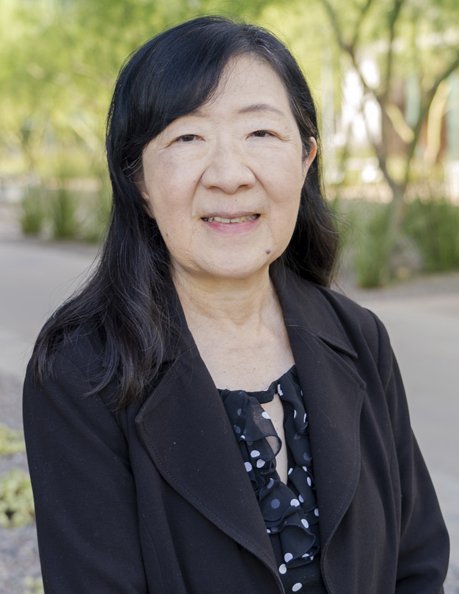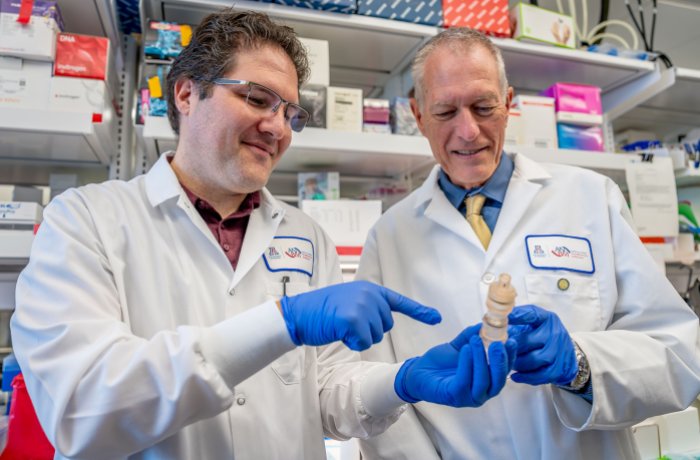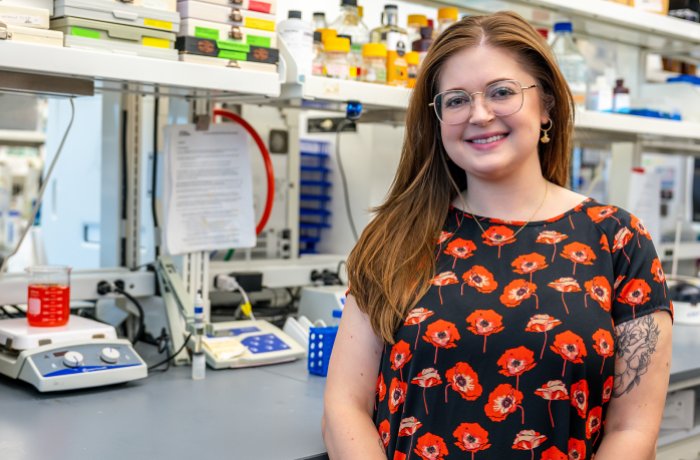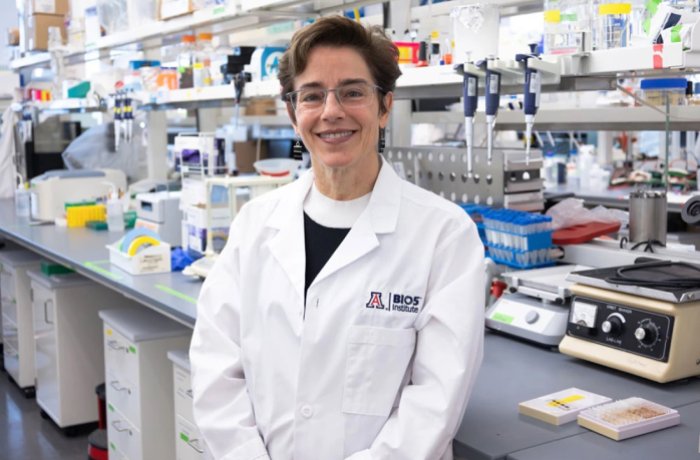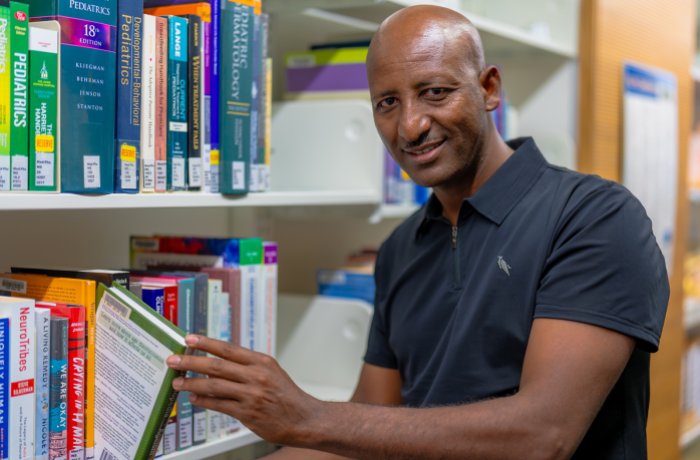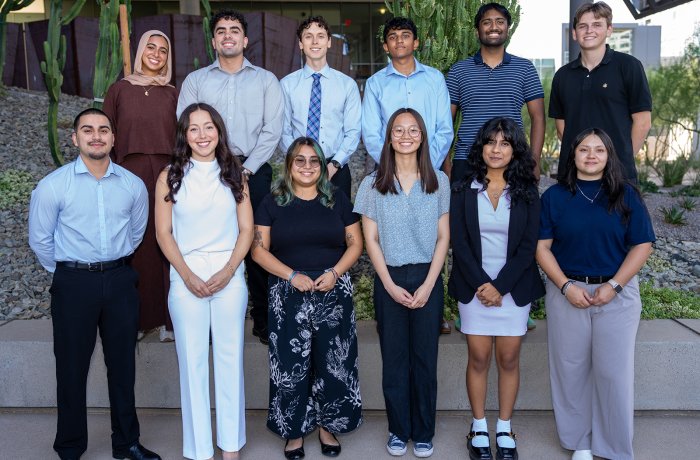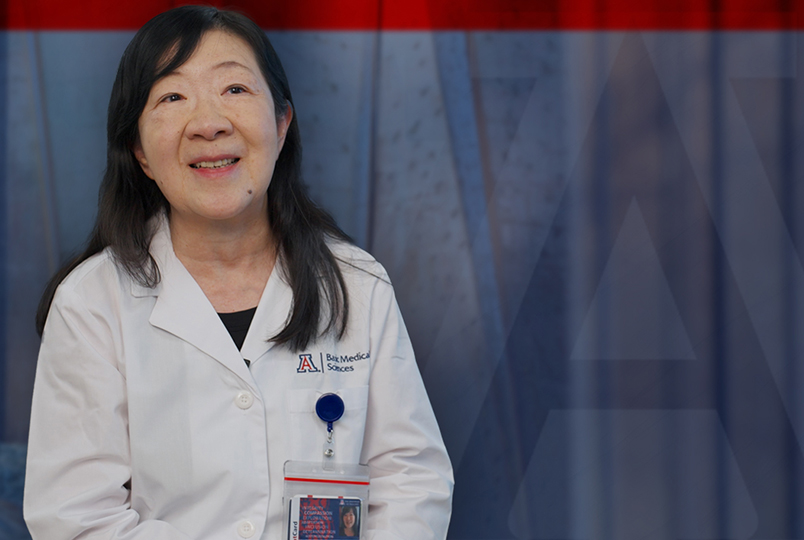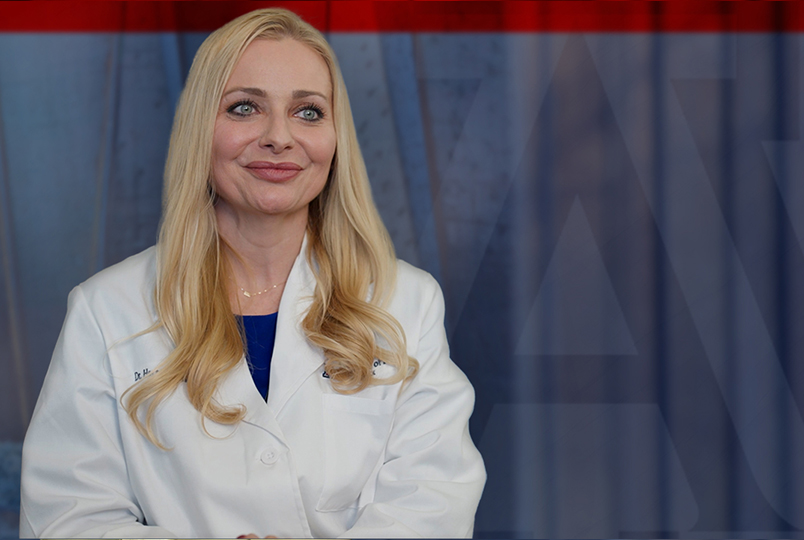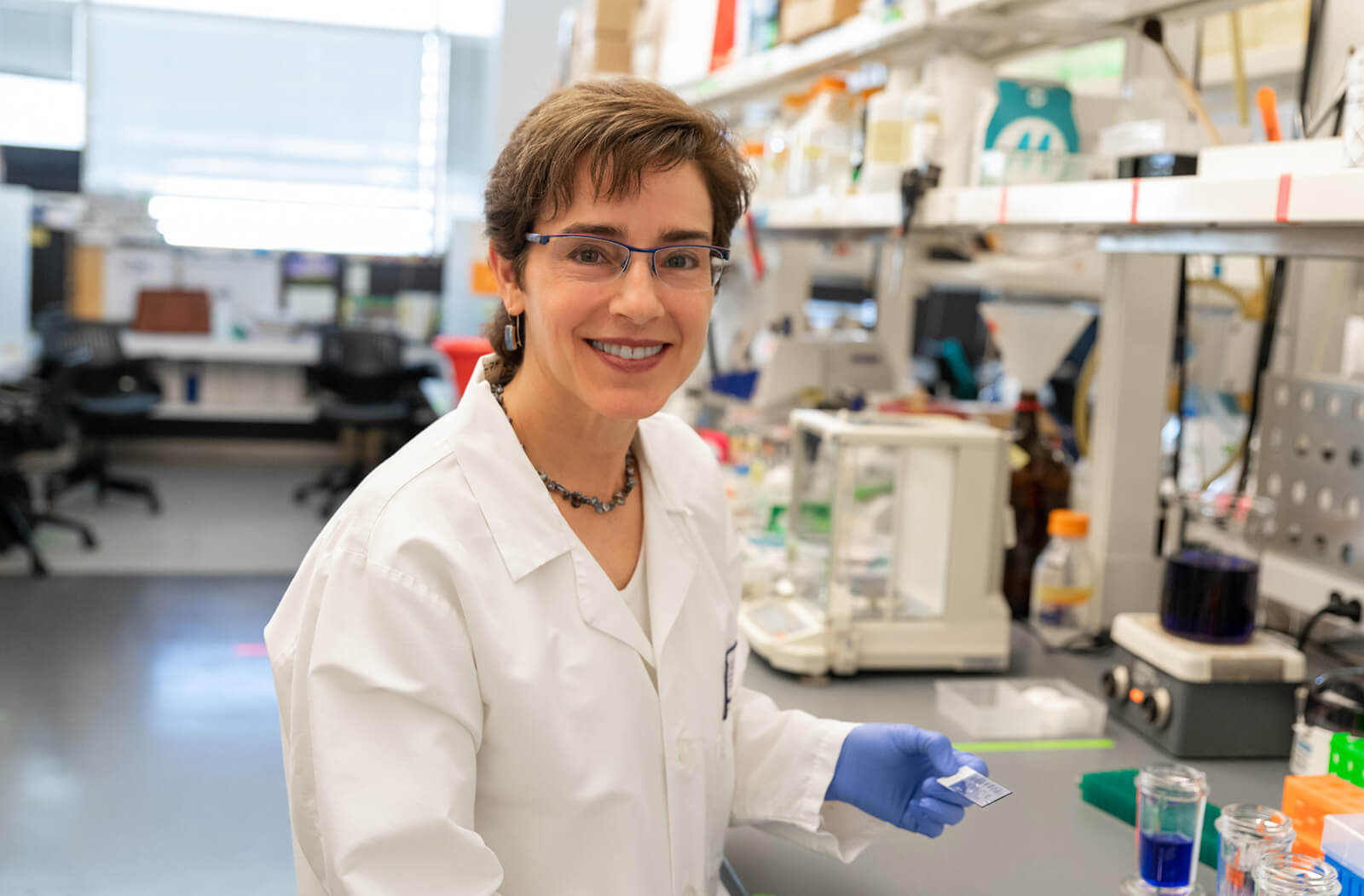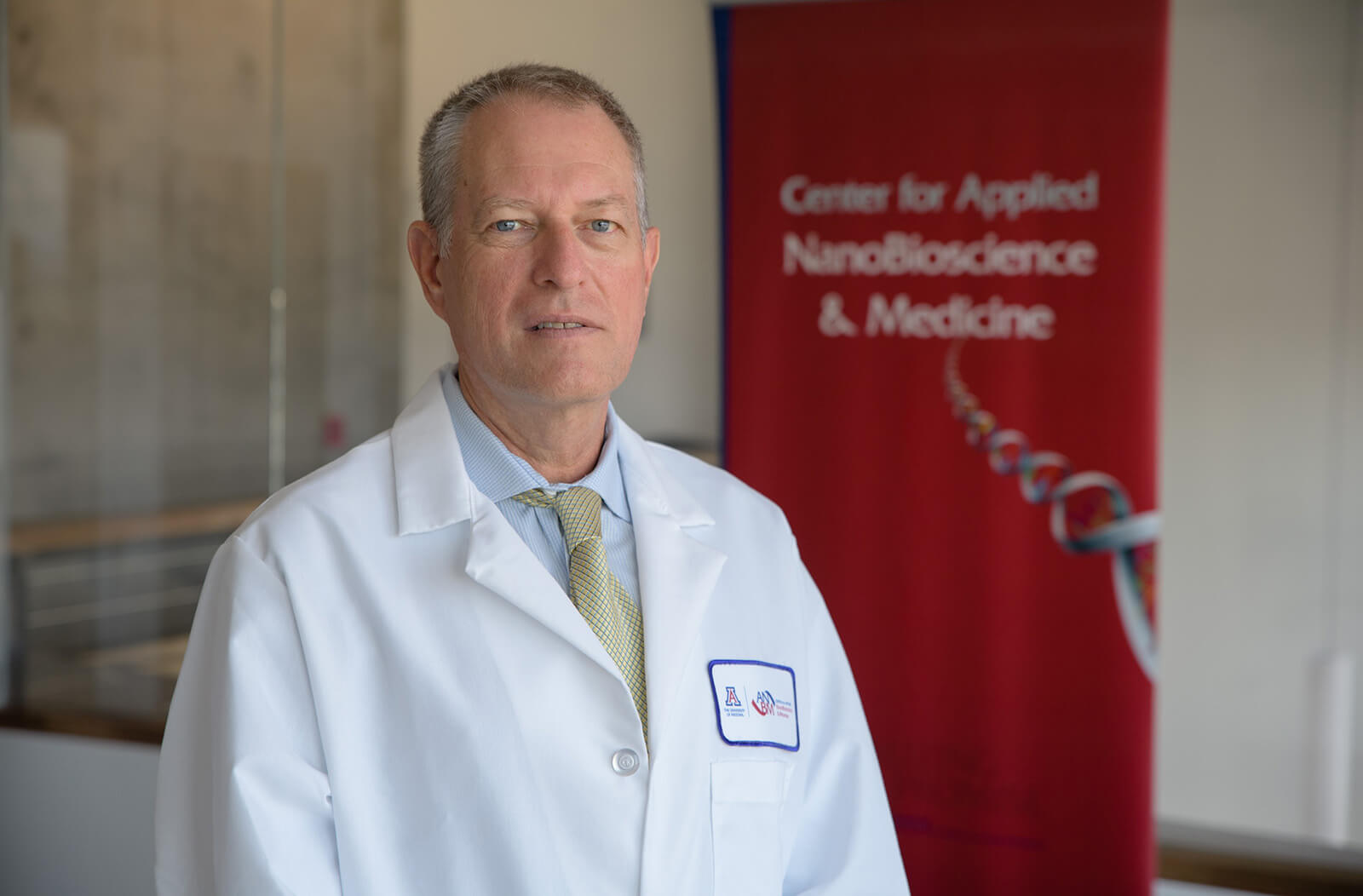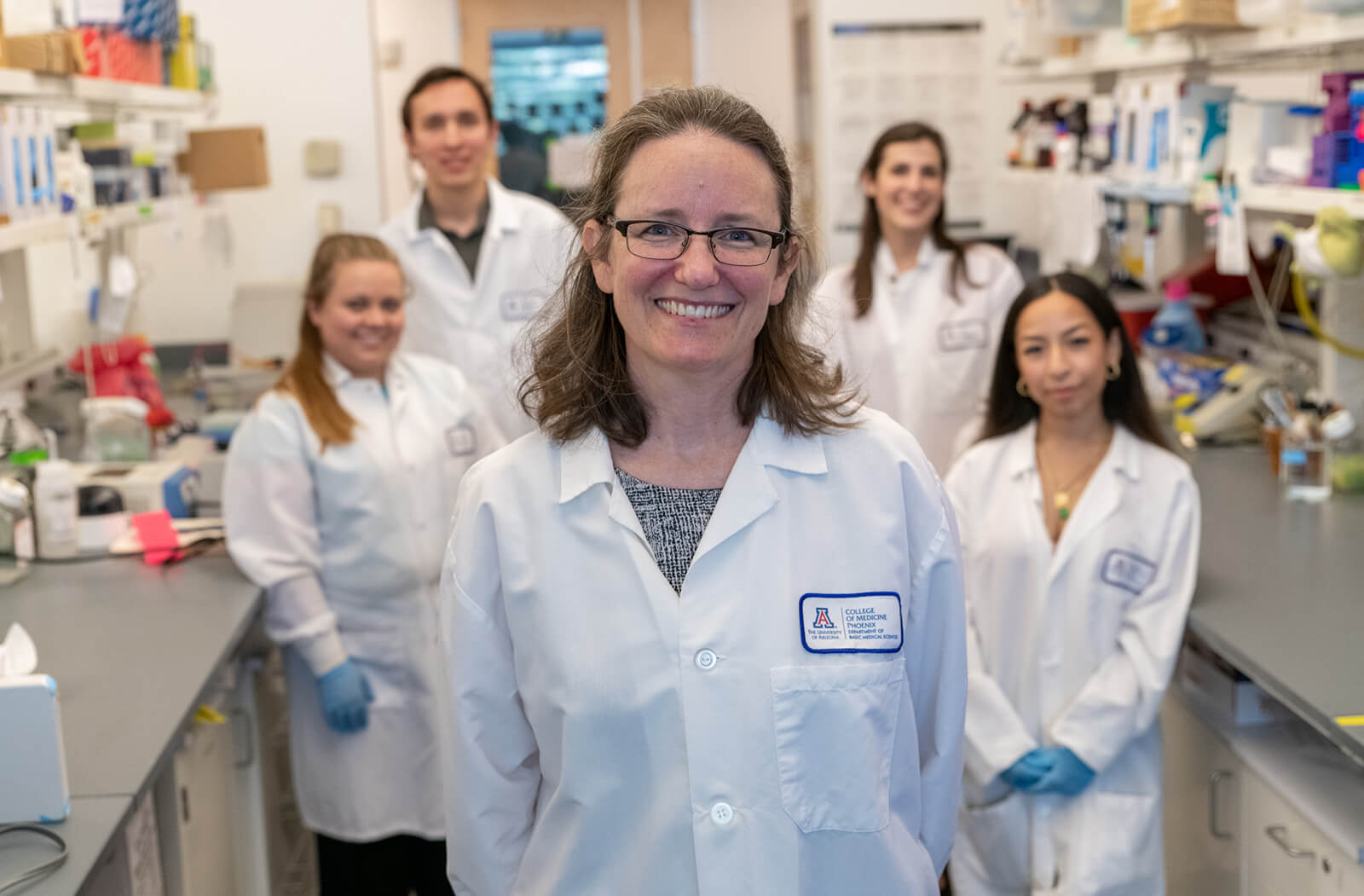Overview
The Department of Basic Medical Sciences at the U of A College of Medicine – Phoenix is the academic home to a faculty with a diverse research portfolio in basic biomedical sciences.
Basic Medical Sciences (BMS) faculty also teach and provide curricular leadership to support the educational mission of the college. Our blended faculty creates a unique environment to perform cutting-edge collaborative and interdisciplinary research aimed at investigating fundamental biological questions and finding solutions to challenges in cancer, metabolic and cardiovascular as well as neurological and infectious diseases.
Through discovery, education and service, the BMS faculty strive to be leaders in their areas of scholarship. Using interdisciplinary approaches, BMS faculty perform hypothesis-driven investigations to reveal mechanisms that underlie biological processes and human disease and collaborate with clinical researchers to facilitate the development of novel diagnostics, therapies and preventive measures. BMS faculty are also engaged in medical and graduate education by developing, delivering and assessing curricula, and conduct educational scholarship.
